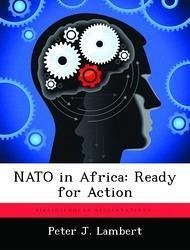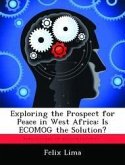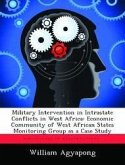NATO has demonstrated a commitment and capacity to conduct out-of-area operations in areas that would not have been countenanced a decade ago. Moreover, for the first time, in June 2006, NATO exercised its NATO Response Force (NRF) in Africa, validating NATO's new expeditionary capabilities. The strategic importance of the continent of Africa has already grasped the attention of the West, and the range of strategic issues is vast. With recent announcements in the U.S. Department of Defense about the creation of a Unified Command for Africa, what role would or should NATO have on the continent? Some questions that need to be answered before engaging in the continent are: What lessons has NATO learned from current out-of-area operations that might be applied for Africa? Is NATO equipped, trained, and manned sufficiently to assume any type of role in Africa above and beyond its current obligations? What are the competing interests that would allow or hinder NATO forces in Africa? Is NATO better off training and equipping regional and sub-regional organizations to provide forces throughout the continent? This paper will discuss these issues and provide some potential options for NATO planners who might be called upon to prepare NATO forces for the gamut of operations on the continent of Africa.
Hinweis: Dieser Artikel kann nur an eine deutsche Lieferadresse ausgeliefert werden.
Hinweis: Dieser Artikel kann nur an eine deutsche Lieferadresse ausgeliefert werden.








